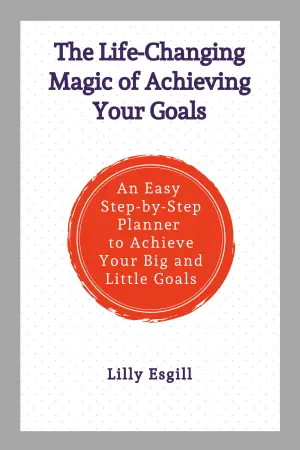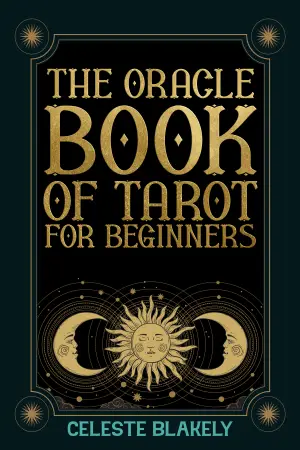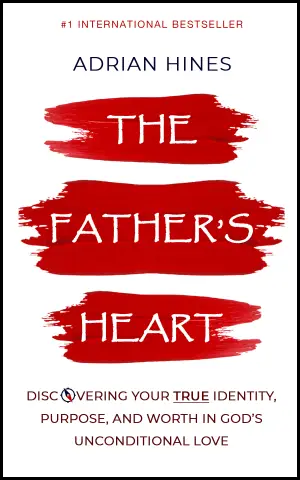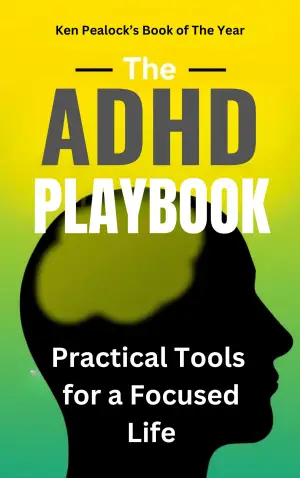Unlocking the Power of Data: A Personal Dive into "Data Feminism" by Catherine D’Ignazio and Lauren F. Klein
When I first stumbled upon "Data Feminism" by Catherine D’Ignazio and Lauren F. Klein, it felt like an invitation to a deeper conversation—one that questions the very foundation of how we understand data. Have you ever pondered whether your dataset is truly neutral, or if it subtly perpetuates discrimination? This book struck a chord with me. It’s not just a text about data; it’s a rallying cry to interrogate the biases and preconceptions hidden within the numbers.
At its heart, "Data Feminism" encourages us to examine the power dynamics that prevail in data collection and analysis. D’Ignazio and Klein present seven core principles, guiding us to uncover who stands to benefit from the data we so often take for granted. The authors remind us that issues of race, gender, and class tend to be viewed as "other people’s problems" by those in privileged positions. This was a particularly thought-provoking revelation for me—recognizing how often we may distance ourselves from these critical issues.
Each chapter invites readers to rethink not just the numbers themselves but also the emotions and contexts surrounding them. I found their exploration of "Big Dick Data" particularly resonant. This term critiques the masculinist ethos behind many big data projects, where context and nuance are sacrificed in the name of sheer volume. It’s an arresting concept that reminds us to prioritize meaning over magnitude—a valuable lesson in a data-obsessed world.
The writing style itself is refreshingly accessible, blending academic rigor with a conversational tone. The authors’ candid acknowledgment of their positions as white women from the global north creates a relatable atmosphere, grounding their arguments in personal reflection without overshadowing broader societal issues. I appreciated the inclusivity in their language, though I did notice some hesitance around fully embracing the experiences of trans individuals, which left me wanting more nuanced representation.
One of my favorite aspects of the book is its commitment to making complex ideas digestible. With summaries at the end of each chapter, it’s impossible not to feel like you’re walking away with something valuable, whether you’re a data novice or a seasoned professional. However, I must admit that the hardback format felt a bit cumbersome for casual reading—if you’re like me and prefer a more portable option, I’d recommend seeking out the digital copy.
In reflecting on the book as a whole, it hovers in that ambiguous space between academic discourse and popular writing. Elizabeth Garbee’s review pinpointed a relatable confusion: who exactly is this book for? It seems aimed both at feminists eager to explore the intersection of technology and gender, and at data professionals in search of a feminist lens. I think this dual nature may leave some readers feeling adrift, but as someone still grasping at the straws of data science, I found its insights invaluable.
Ultimately, I’d recommend "Data Feminism" to anyone curious about the overlooked implications of data in our lives. It’s a primer on how feminist principles can reshape our understanding of data—its context, its gathering, and its expression. Whether you’ve read "Invisible Women" or "Algorithms of Oppression," this book offers a thoughtful next step in unpacking the complexities of our increasingly data-driven world.
Reading "Data Feminism" impacted me personally, igniting a passion to be more vigilant and questioning about the data that influences our lives. It’s a gig in data that demands not only our intellectual engagement but also our emotional connection—and I can’t wait to keep exploring that journey.





















